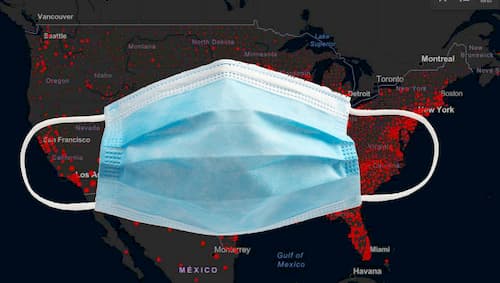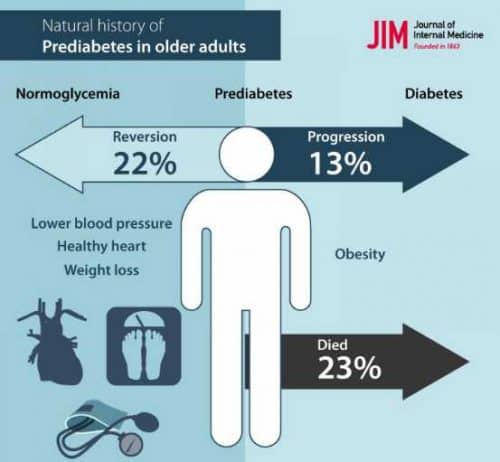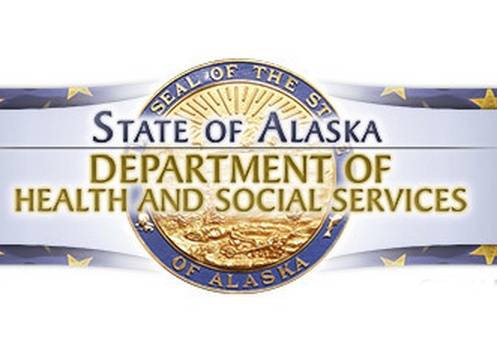People with obesity are more likely to have serious outcomes from COVID-19 than people without obesity
About 1 out of 3 Alaska adults has obesity, according to new numbers released today by the Centers for Disease Control and Prevention (CDC) in the 2020 Adult Obesity Prevalence Maps for U.S. states and territories. The CDC reported that 31.9% of Alaska adults had obesity in 2020. That’s not a statistically significant increase from 30.5, the percentage reported in 2019.
Having obesity is concerning because it can increase people’s chances of developing weight-related diseases, like type 2 diabetes, heart disease and more than a dozen types of cancer. In addition, obesity increases the risk of severe illness from COVID-19, which can include hospitalization and death.
“There’s a link between having ongoing, chronic diseases like obesity and your body’s ability to fight infectious diseases like COVID-19,” said Ann Potempa, acting manager for Alaska’s Physical Activity and Nutrition Program and coordinator for the state’s Play Every Day campaign. “Living with ongoing health problems can make it harder for you to recover from COVID-19 and other viruses. Staying active every day, choosing healthy foods and drinks, getting enough sleep, and managing stress can help us stay in the best possible health year-round. We can do a lot to try to reduce the impacts of COVID-19 on our health, and that’s especially important during the current spike in cases and hospitalizations in Alaska.”[content id=”79272″]
The CDC shared numbers pulled from the Behavioral Risk Factor Surveillance System, an ongoing telephone survey that asks adults nationwide about their health, and behaviors that affect health. The percentage of Alaska adults with obesity today is more than twice what it was 25 years ago. Today, two out of three Alaska adults are overweight or obese. About one out of every three Alaska children is growing up at an unhealthy weight.
The CDC and Alaska’s Physical Activity and Nutrition program focus on supporting healthy, active lives for everyone by making it easier to move and choose healthy foods and drinks where families live, learn, work and play.
Alaskans can take steps to maintain a healthy weight and lower their chances of developing weight-related diseases and serious outcomes from COVID-19:
- Get regular physical activity. National recommendations say adults should get at least 150 minutes of physical activity every week, and children should get 60 minutes of activity every day.
- Support elementary-age children in Alaska to participate in the free Healthy Futures Challenge to log their daily physical activity and build the healthy habit of staying active.
- Limit or eliminate sugary drinks. That includes soda; fruit drinks; powdered mixes; sports, energy and vitamin drinks; and sweetened coffees and teas.
- Support breastfeeding, which has been shown to help babies grow up at a healthy weight.
The CDC 2020 obesity maps are online at https://www.cdc.gov/obesity/
[content id=”79272″]






